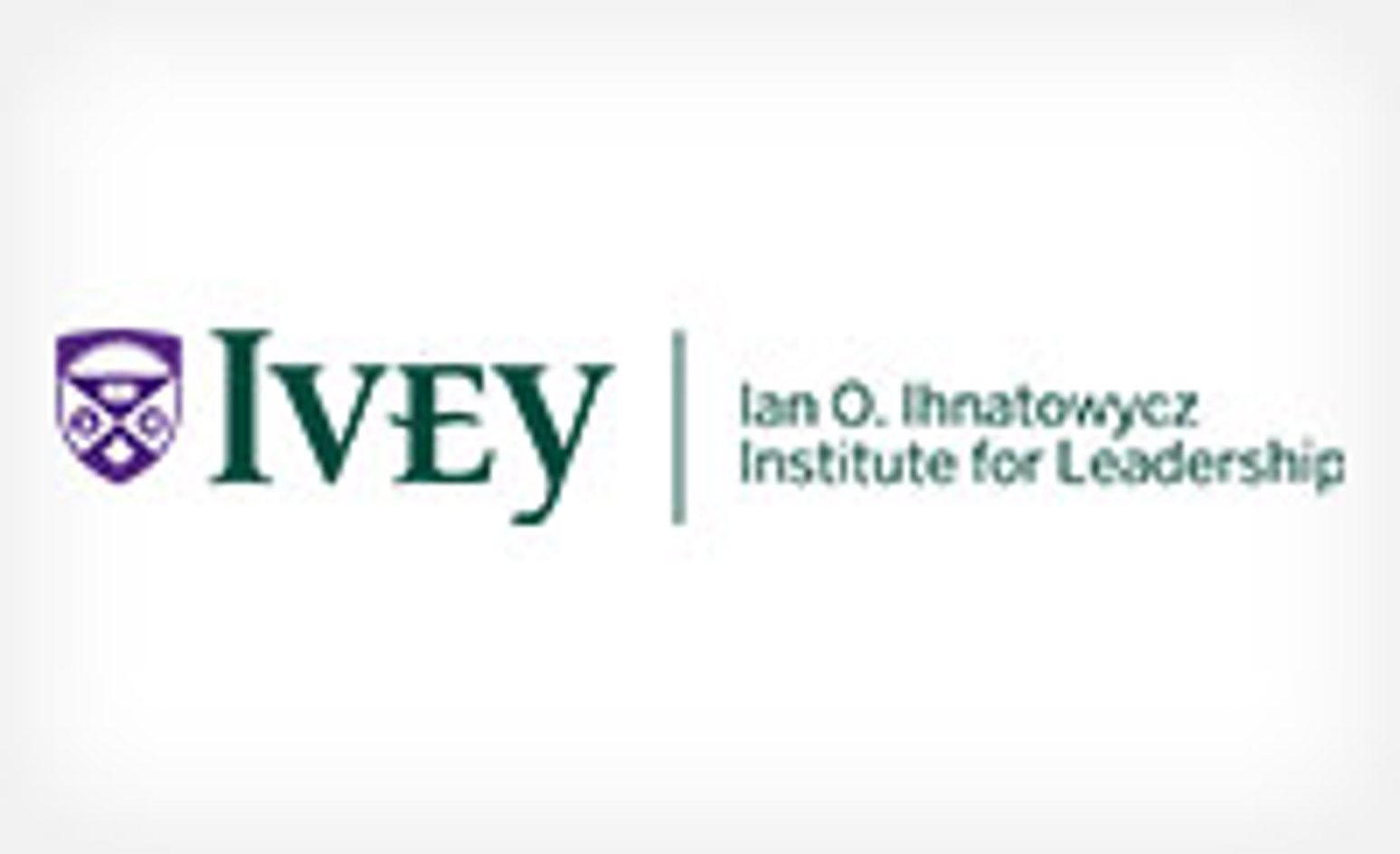Author: Meredith Martin
Over the course of the past decade schools offering MBA programs have started to look more seriously at incorporating ethics classes into their course work. Business disasters like Enron and the subprime mortgage fiasco have shone a spotlight on the bad behavior of some MBA graduates, and it behooves business schools to make sure the image of the degree maintains its luster. That isn't to say that the attempts to teach ethics is disingenuous, just that it seems fairly obvious that the reason more schools are doing it now is because they have to.
Another related issue that will be up for debate is whether ethics can even be taught in schools in the first place. MBA students are usually in their mid-twenties by the time they start the degree and we'll raise the question, as Clifford Orwin does in this Globe and Mail article, of whether or not at this point it's a bit too late to learn ethics:
By the time a student arrives at university, and a fortiori several years later when he ambles on to his MBA, his ethical character is already firmly set. Whether virtue can ever be taught was already a thorny question for Plato. Whether it can be taught to adults, in a classroom, shouldn't be a thorny question for anyone.
Pledges to act ethically have also become more common at business schools.
Harvard students in 2009 took a similar pledge but in a ceremony not endorsed by the school. You can find their pledge at mbaoath.org, a site created by former Harvard MBA students who saw the need for something like this at their school.
The Telfer School of Management at the University of Ottawa has a voluntary oath and the names of the students who take it are published on the school's website.
Students who graduate from the Richard Ivey School of Business at University of Western Ontario go through a ceremony where they take an oath and receive a special ring, much like the pinky ring given to engineers.
Here is an excerpt of the Ivey schools' pledge:
I will, to the best of my ability, act honourably and ethically in all my dealings, in the belief and knowledge that doing so will lead to the greater good.
I will express my ideas and opinions openly and without reservation, as long as they do not impinge on the rights and freedoms of others, whoever they may be.
I will endeavour to act with moral clarity, grace and nobility.
I will acknowledge my limitations and my mistakes so that I may learn from them.
I will continue to seek new knowledge, never resting on past wisdom or success.
Above all, I will aspire to make a positive contribution to my society.
Nice words, absolutely, but do these kinds of things actually work in keeping people ethical? That, my friends, is up for debate on The Agenda.
